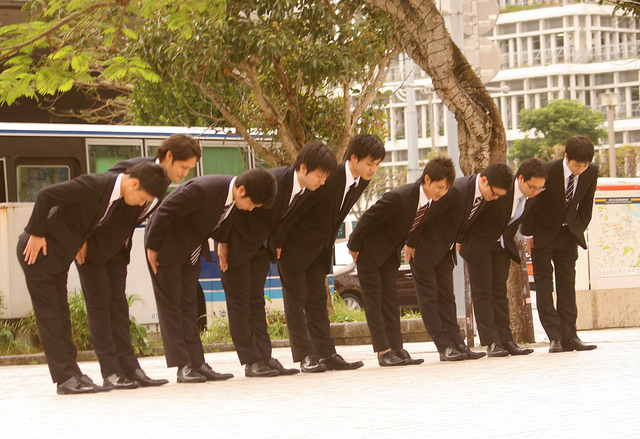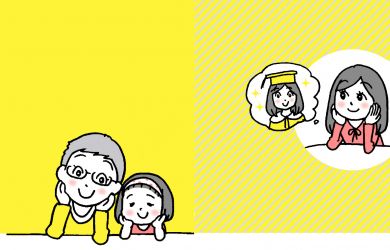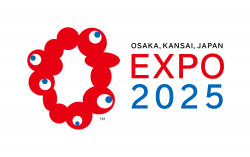
If you live in Japan long enough, you’ll probably hear the word omotenashi. It means hospitality, but specifically Japanese hospitality. It became a buzzword after Christel Takigawa, a famous bilingual announcer, gave an over-egged speech at the Olympic Games 2020 invitation presentation. She said, “The world’s most beautiful hospitality of Japan, O-Mo-Te-Na-Shi.”
It’s well-known around the world that Japan has superior customer service, and it’s true. One of the things that visitors to Japan like about Japan is its politeness, cleanliness and customer service. “The customer is God,” is a common philosophy in the Japanese service industry. Consider an accident between a car and pedestrian in Japan. A driver is always at fault, even if a pedestrian jumped in front of the car, because cars are deemed stronger than pedestrians. The customer is always right, no matter what. I’ve become accustomed to customer service overseas—basically being left alone. Now that I’m in Japan, I encounter all sorts of omotenashi in my daily life, and to be honest, I’ve been more frustrated by it than amazed.
Omotenashi was strange in the beginning. I ordered a few cream puffs at your average bakery (nothing special, not expensive either), and the cashier asked me how long it would take for me to get back home. I wasn’t sure why, so I thought she was just trying to be friendly. I answered, with a puzzled face, “around 30 minutes?” She said she would put one small ice packet in the bag. Only then did I realize why she was asking. It wasn’t to be friendly; it was procedure. Still, it was nice to know that they wanted to serve their food in the best condition possible. Later, I found out they do the same at my neighborhood supermarket for ice-cream.
Then came the store greetings. I walked into one shop and all the employees bowed and yelled Irasshaimase! (welcome to the store). I thought I might have done something wrong. While I shopped around the store, clerks constantly checked up on me asking if I was looking for anything in particular or needed help. “Do you want to use a bag for it?” or “Do you want me to keep that at the cash register so that you don’t need to hold it?” Each time, I needed to pull out my earphones to speak with them. After a third clerk threw me a question, I got really annoyed and grabbed the nearest product to rush out of the store. She didn’t hand me a bag at the register, though. She accompanied me out of the store just to hand off the bag and then bowed until her head almost touched the ground. It was just mascara. It was awkward. I haven’t been back to the store since.
This is just the tip of the iceberg. If it was a true gesture of politeness, rather than obligation, I wouldn’t care. But some customer service bothers me so much. For example, at a full-service restaurant or izakaya, they always come to change plates for each dish. I’d rather be left alone to enjoy my meal, but they don’t allow me that personal space. If you buy a bento with a cold drink in a convenience store, they always separate them and put them in different bags. They always give me the same confused face when I explain, “I don’t need a bag.” On some occasions, they insist. One time, I was told that it is not possible to not use a bag. It was ridiculous. The same thing happened in a cafe. While getting a coffee refill, I told them to use the same plastic cup, but they insisted on giving me a new plastic cup.
I understand it’s a Japanese cultural norm to be extra polite. And it’s amazing how much they care about the customers and the way customers experience their products, but it makes me cringe every time. That’s not what I (and many others) appreciate.
The whole point of omotenashi is to give customers what they need and want. Some of the ryokan (traditional Japanese inns) stopped lining up at the entrance to greet guests because they found out, from a survey, that it made their guests feel uncomfortable. Also, they no longer visit guest rooms so often to serve dinner, because it disturbs their space and time alone. As the demographics and attitudes of customers change, omotenashi needs to be rethought. As counterintuitive as it may sound, omotenashi may be hurting Japan and its customer service reputation.
Read Masaru Urano’s response, “In Defense of Omotenashi.”
The views expressed in this article are those of the author and do not necessarily reflect the position or opinion of Japan Partnership Co. Ltd. or its partners and sponsors.





